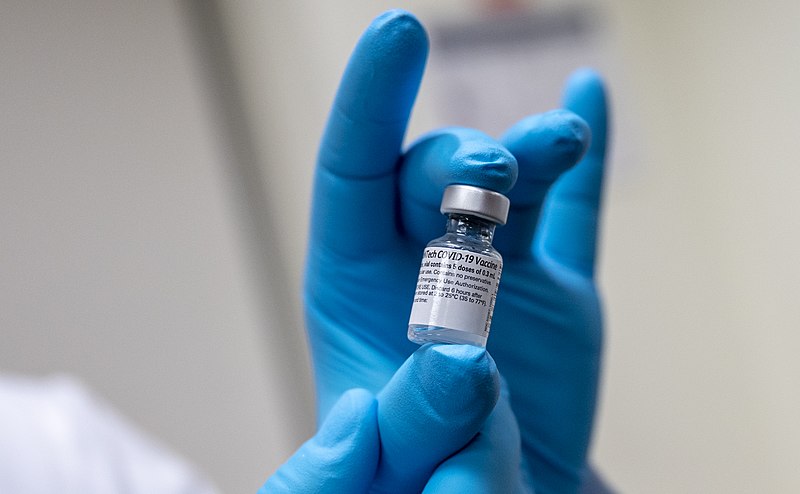News release
From:
Comparative Safety of Pfizer-BioNTech COVID-19 Vaccine vs Non–SARS-CoV-2 Vaccines in Children Younger Than Age 5
About The Study: The symptoms reported after administration of the Pfizer-BioNTech COVID-19 vaccine were comparable overall to those for approved non–SARS-CoV-2 vaccines in this study including 7,800 children younger than age 5. The data may be used together with prospective licensure studies of BNT162b2 efficacy and safety and could help guide expert recommendations about BNT162b2 vaccinations in this age group.



 International
International



